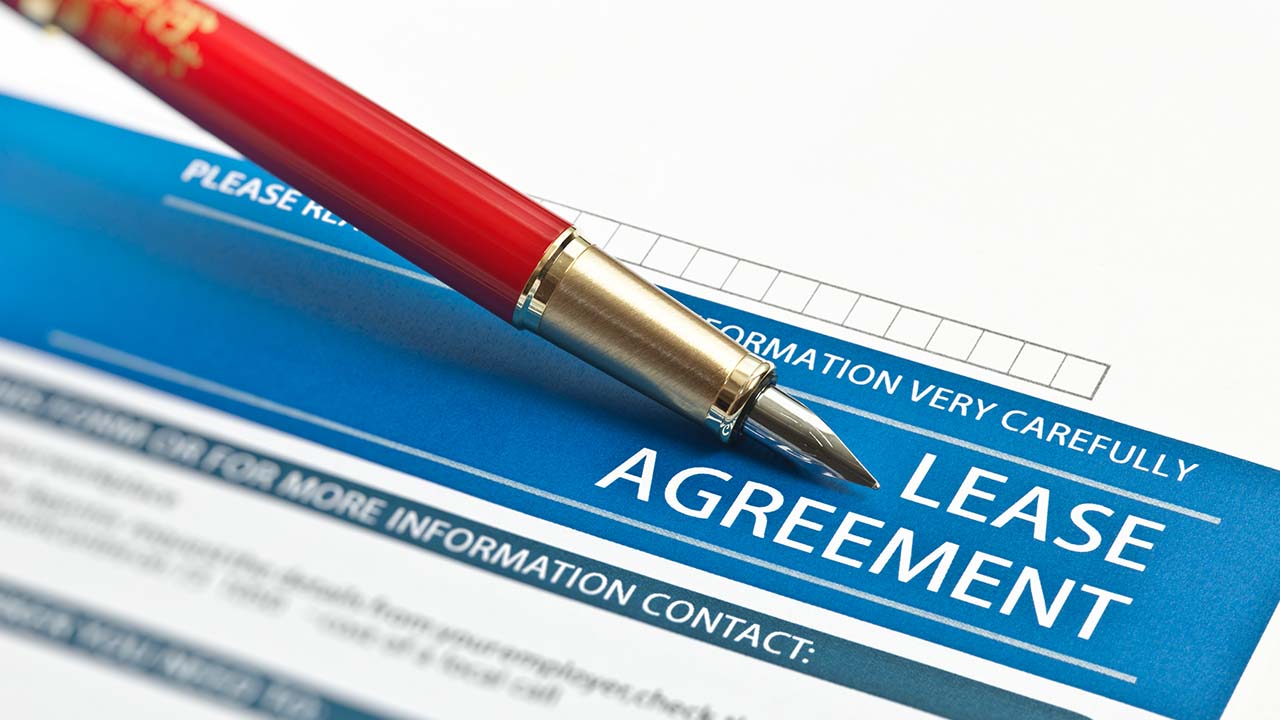In News
Follow this topic
Bookmark
Record learning outcomes
What does an ideal pharmacy lease look like? Charlotte Inglis and Michelle Noble break down the key terms and conditions
While some pharmacists may wish to own their premises outright, others will purchase a leasehold interest in a pharmacy to create a right of possession and use of the property for a fixed period of time.
Let’s look at some of the key terms pharmacists should consider when taking on an existing lease or negotiating a new lease with a landlord.
Term
Ideally, pharmacy leases should have terms of between 10 and 15 years. This is to enable a pharmacy business to grow and for goodwill and the customer base to be built up.
Security of tenure
It is usual for a pharmacy lease to be ‘contracted within’ The Landlord and Tenant Act 1954. This Act gives business tenants the right at the end of their lease to remain in occupation of a property and to request a renewal lease from the landlord. The Act requires the landlord to grant the renewal lease unless they can satisfy one of the seven grounds of opposition set out in the Act.
Breaks
Leases with a longer term (more than five years) usually include a break option to allow a tenant to terminate their lease early – useful if circumstances change, as tenants are not tied into the lease for the full term. There is no maximum number of break dates that can be agreed in a lease, but understandably a landlord would want to keep this to a minimum.
Usually, break clauses are specific agreed dates, but depending upon the location of the pharmacy, there may be certain conditions that will trigger the right to break. For example, if the pharmacy is located within a health centre, breaks may be negotiated into the lease if patient numbers or prescription numbers fall below a certain amount, or if the doctors decide to relocate.
Contractors should also be mindful that a break clause is likely to be subject to the tenant satisfying agreed criteria (such as the rent being paid in full to date).
Repairing obligations
The landlord will want to ensure that a pharmacist has a full repairing obligation. This requires the tenant to put the property into and then keep it in good repair. If this is the case, the landlord will receive back at the end of the term a fully repaired and maintained property.
Before agreeing to a full repairing obligation, a pharmacist should physically inspect the property and instruct a surveyor to carry out a survey, to understand the state and condition it is in. If a pharmacy is in disrepair and/ or dilapidated, a pharmacist would not want to be responsible for these repairs as they could be expensive. In the event that a pharmacist is taking on an existing lease with a full repairing obligation and the property is in disrepair, the price being paid should reflect the repair costs.
Alternatively, a pharmacist’s repairing obligation could be limited so they are not required to return the pharmacy to the landlord at the end of the lease term in any better state of condition or repair than it was in at the date of the lease. The state and condition of the property is evidenced by a ‘Schedule of Condition’ containing photos and descriptions.
Service charges
Closely associated with a pharmacist’s repairing obligation is the service charge. If the pharmacy lease is only part of a building, the repairing obligations of the pharmacist will usually be limited to the interior of the pharmacy itself. The landlord will retain responsibility for the repair and maintenance of the exterior, structure and common parts, and will want to be reimbursed for associated costs.
This is typically achieved via a service charge, and it is common for all tenants of a building to pay a percentage. Within the service charge clause, a pharmacist will want to ensure the landlord has obligations to provide necessary services, such as cleaning, heating and lighting of the common parts, and repairing the roof and structure.
However, pharmacists should consider the potential costs of these services as they will be charged in addition to the annual rent. Where a new lease is being negotiated, service charge caps should be considered.
Dealings
Future challenges and opportunities are hard to predict, so pharmacy contractors should ensure they can freely ‘deal’ with their pharmacy. Dealings include the ability to assign (sell) the lease to a third party, to underlet the property, change the lease or share occupation with others.
The landlord is likely to permit these dealings subject to certain conditions and circumstances; pharmacists will want to ensure that these conditions and circumstances are fair and reasonable. For further information on dealings, speak to a solicitor.
Permitted use of the property
The use permitted under a lease should be negotiated to include all the services a pharmacist intends to offer. For example, use as a retail pharmacy and dispensary chemist with ancillary activities may be sufficient. If a pharmacist wishes to change the use of the property or sell to another business, the lease should provide that any changes are permitted with the landlord’s consent (not to be unreasonably withheld or delayed).
Having a clear understanding of these important lease clauses and a consideration of how a pharmacy business may change or evolve should help pharmacists ensure that the terms of their lease reflect what is important to their business.
The above is a general overview and we recommend that independent legal advice is sought for your specific concerns. If you require further information in relation to the points raised in this article, you should contact Michelle Noble: michelle. noble@crsblaw.com or Charlotte Inglis: charlotte.inglis@crsblaw.com

